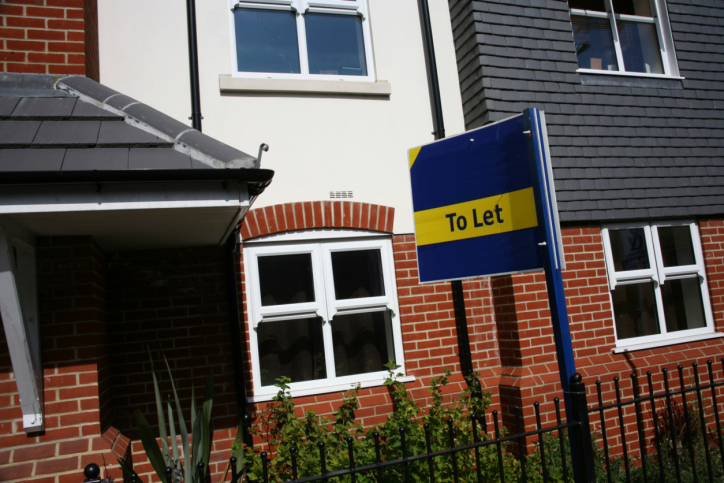
Tenants renewing an existing contract in the UK saw their rent rise by an average of 8.3% over the last 12 months, outpacing rental growth on a newly let property (6.4%).
This is according to the latest Hamptons Monthly Lettings Index for April, which shows that 88% of tenants renewing an existing contract so far in 2024 saw their rent increase. This compares to 61% of landlords who achieved a higher rent when a new tenant moved in.
However, tenants who stay put and renew their contract are still paying 13.4% or £178 pcm less on average than someone who has moved into a new home. This is reducing the incentive for people to move, Hamptons said.
The annual pace of rental growth on newly let properties continued to slow in April, however rents edged up 0.8% month on month. This marked the largest monthly increase this year, suggesting that the pace of annual rental growth may settle around this level.
Commenting on the latest figures Hamptons head of research Aneisha Beveridge said:
“Many tenants had enjoyed years of no or below-inflation rent increases, particularly when rents weren’t rising much on the open market and mortgage costs were falling. Landlords were often content with a small gap between the market rate for their home and what their tenant was paying. However, over the last two years, strong rental growth on the open market has meant that the gap between market rates and what some tenants were paying rose significantly.
“Tenants fortunate enough to be protected from higher rents by their landlord or longer contracts are increasingly seeing their rents rise. These increases for renewing tenants tend to be lower and stretched over a longer period than for newly let homes, often meaning tenants still pay below market rate. But even so, these hikes can still add up to hundreds of pounds a month.
Beveridge added that the large gap between market rates and what many tenants are paying was a big disincentive for them to move unless they have to. “Moving increasingly means getting less home for more money. While time will eventually close the gap between what sitting and new tenants are paying, it may take longer if rental growth on the open market starts picking up again.”



